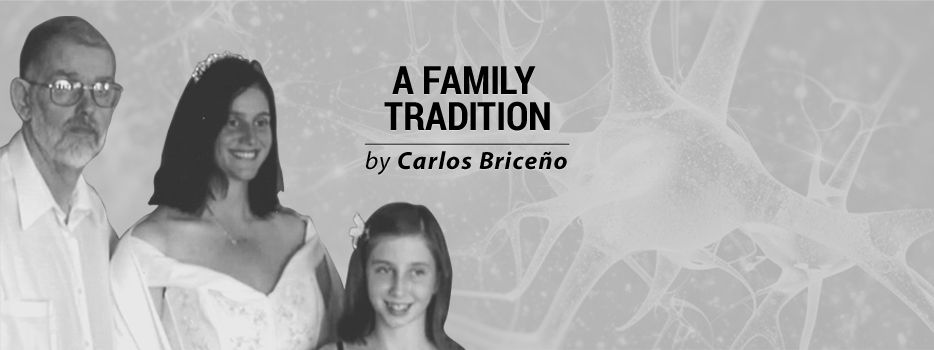Living Outside the Box
Written by |

If you could go anywhere on vacation, would you take your time planning the perfect trip? Would you look at all of the travel websites in hopes of finding the most interesting places to go? Would you spend large amounts of money to see all of the typical tourist attractions? Would you stand in long lines to visit those places?
Or, would you rather go on the trip with nothing on your agenda except seeing new places and having an adventure? Perhaps hanging out at local hot spots, experiencing the culture, and meeting the people who live there might be appealing.
I found out today that my wife, Jill, wants both. She wants to plan a trip and experience everything she can in a relaxing, easygoing way. She’s OK with going to all the tourist sites, but she doesn’t want to pay a lot of money or wait in long lines to see them.
Jill and I have been married for 12 years, and we have traveled to many different places. Over the years, I have found her to be one of the most laid-back travelers alive. I have always known that she likes to experience those things, but I never really thought about it until today.
Why today?
We both took a Myers-Briggs Type Indicator test. It asks interesting questions, such as, “Would you rather be known as compassionate or logical?” “Would you rather start a project by making a list of steps you need to do to accomplish your goal, or would you rather dive right in?”
I noticed Jill grew more and more agitated while taking the test, which is something she tries to avoid since she was diagnosed with Huntington’s disease two years ago. I asked why she seemed bothered by the questions.
Her response was simple: In real life, you don’t have to choose which little box you fit into. In the world of Myers-Briggs, however, they ask you to pick between two good qualities. Why do they expect this of people? Why can’t I be both logical and compassionate? Why can’t I be a spontaneous planner? What’s wrong with liking big crowds as much as intimate settings?
Jill said that years ago, before her father was diagnosed with Huntington’s, she took the same test. The test labeled her accurately. She fit in a particular box, and she thought she was happy with that. After her father got sick, she realized that you don’t have to be a one-dimensional person. You can evolve and grow, and who you are doesn’t have to be static. In other words, life is short, so why get stuck inside a particular box?
She decided to live life on her terms and not have her personality defined by random questions that require you to answer a certain way. With or without her Huntington’s diagnosis, she was going to do whatever she could to make her life as non-boxed-in as possible.
In the end, it worked out great. The old Jill didn’t date shorter men. But the new Jill married one.
***
Note: Huntington’s Disease News is strictly a news and information website about the disease. It does not provide medical advice, diagnosis, or treatment. This content is not intended to be a substitute for professional medical advice, diagnosis, or treatment. Always seek the advice of your physician or other qualified health provider with any questions you may have regarding a medical condition. Never disregard professional medical advice or delay in seeking it because of something you have read on this website. The opinions expressed in this column are not those of Huntington’s Disease News or its parent company, Bionews, and are intended to spark discussion about issues pertaining to Huntington’s disease.






Leave a comment
Fill in the required fields to post. Your email address will not be published.